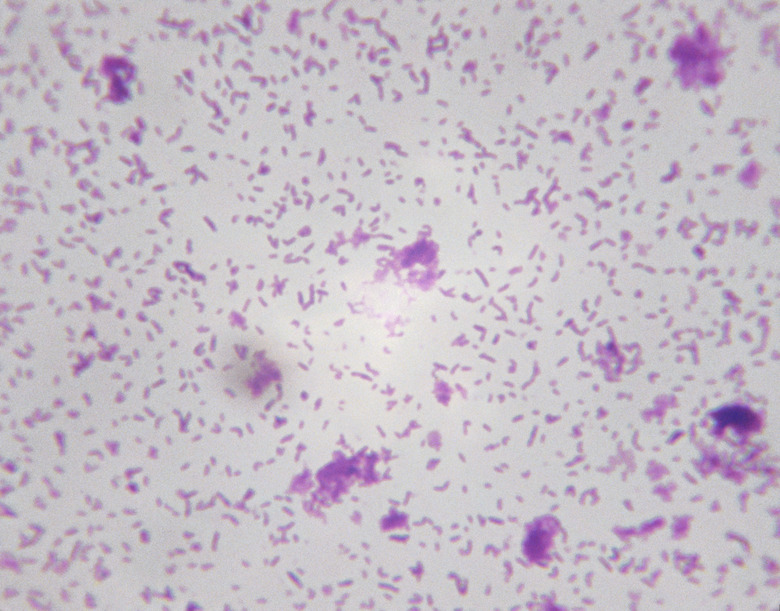What Is It Called When Bacteria Divide Into Two Cells?
Cloning is a hot ethical issue in the scientific community, but bacteria clone themselves all the time. In a process called binary fission, one bacterium doubles its size and genetic material, then splits to produce two identical cells.
Process
Process
When compared to eukaryotic cell division, or mitosis, binary fission is a relatively simple process. First, the bacterium copies its DNA — genetic material which, in bacteria, is circular. DNA gives all the information necessary to create an identical cell. The DNA is then segregated at opposite ends of the cell and proteins necessary for cell division assemble at the center of the cell. The bacterium usually doubles its intracellular fluid, called cytoplasm, too. The proteins cleave the cell in two and in most bacteria, a new cell wall is built to complete the division.
Advantages
Advantages
The advantage of binary fission from bacteria's perspective is that it is rapid and simple. From the perspective of disease control and prevention, binary fission is advantageous because it simplifies the production of medicine. Typically only one drug is needed to treat a bacterial infection because all the bacteria are identical and will respond in the same way. Unfortunately, however, some bacteria are developing drug-resistance through mutation which makes infections much more difficult to treat.
Cite This Article
MLA
Robbins, Carolyn. "What Is It Called When Bacteria Divide Into Two Cells?" sciencing.com, https://www.sciencing.com/called-bacteria-divide-two-cells-12024/. 24 April 2017.
APA
Robbins, Carolyn. (2017, April 24). What Is It Called When Bacteria Divide Into Two Cells?. sciencing.com. Retrieved from https://www.sciencing.com/called-bacteria-divide-two-cells-12024/
Chicago
Robbins, Carolyn. What Is It Called When Bacteria Divide Into Two Cells? last modified August 30, 2022. https://www.sciencing.com/called-bacteria-divide-two-cells-12024/
